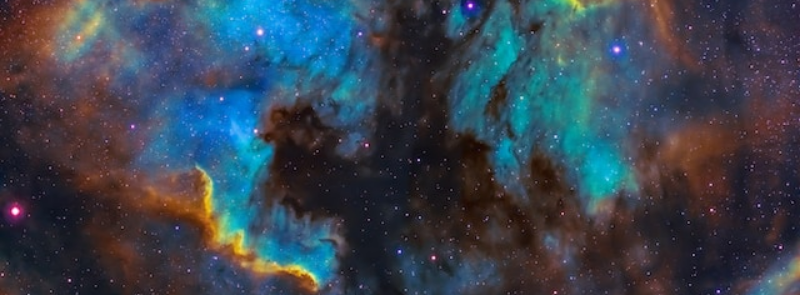
When It Occurs
Every October 4th to 10th
Official Website
Timeline
Days Passed (874)
# Hashtags
#WorldSpaceWeek #WSW
World Space Week (WSW) is a yearly celebration observed globally from October 4 to 10 in more than 95 nations. Officially recognized as "an international celebration of science and technology and their contribution to the improvement of the human condition," World Space Week is coordinated annually by the World Space Week Association (WSWA) in collaboration with the United Nations (UN).
History and Background
- Establishment: World Space Week was established by the United Nations General Assembly in 1999. It commemorates two significant milestones in space exploration:
- October 4, 1957: Launch of the first human-made Earth satellite, Sputnik 1, by the Soviet Union.
- October 10, 1967: The signing of the Outer Space Treaty, which promotes the peaceful use of outer space and prohibits the placement of weapons of mass destruction in space.
Objectives and Significance
- Educational Outreach: To educate the public, especially youth, about the benefits of space science and technology.
- Global Awareness: Raise awareness about space-related achievements and inspire future generations to pursue careers in STEM (Science, Technology, Engineering, and Mathematics) fields.
- International Cooperation: Promote international cooperation in space activities, including peaceful exploration and the use of space for sustainable development.
Themes and Focus Areas
- Space Exploration: Highlight achievements in space exploration, including missions to planets, moons, asteroids, and beyond.
- Satellites and Technology: Showcase the role of satellites and space technology in communication, navigation, weather forecasting, and scientific research.
- Human Spaceflight: Celebrate milestones in human spaceflight and the contributions of astronauts and cosmonauts to space exploration.
- Space Science: Promote understanding of space science disciplines, including astronomy, astrophysics, planetary science, and astrobiology.
Activities and Celebrations
- Public Events: Organize exhibitions, workshops, lectures, and conferences focused on space science and technology.
- School Programs: Engage students through educational activities, competitions, and projects related to space exploration and astronomy.
- Observatory Visits: Visit observatories, planetariums, and space centers to learn about space missions and astronomy.
- Online Engagement: Participate in virtual events, webinars, and social media campaigns using hashtags like #WorldSpaceWeek to share space-related content.
- Public Lectures: Invite scientists, astronauts, and experts to give talks on space exploration and research.
How to Participate
- Attend Events: Look for local events or online activities organized for World Space Week.
- Educate and Inspire: Learn about space science and technology and share your knowledge with others.
- Explore Space: Visit space-themed exhibitions, observatories, or planetariums in your area.
- Engage Online: Join discussions, follow space agencies and organizations on social media, and share space-related posts and updates.
Global Participation
- International Reach: Celebrated in over 90 countries worldwide, involving space agencies, educational institutions, museums, and astronomy clubs.
- Cultural Diversity: Events and activities are tailored to fit local cultures and languages while promoting universal themes of space exploration and discovery.
- Youth Involvement: Encourages young people to engage in STEM education and careers through hands-on activities and educational outreach programs.
Resources and Support
- World Space Week Association: Provides resources, event guidelines, and promotional materials for organizers and participants.
- Space Agencies: NASA, ESA (European Space Agency), and other space agencies offer educational resources, virtual tours, and interactive experiences related to space exploration.
- Educational Institutions: Schools, universities, and libraries organize space-themed programs and activities for students and the public.
Notable Observations and Examples
- Space Missions: Highlights current and historic space missions, including lunar landings, Mars rovers, and space telescope discoveries.
- International Collaboration: Space agencies and organizations collaborate on joint projects, missions, and scientific research during World Space Week.
- Public Engagement: Community outreach programs bring space science and technology to diverse audiences, fostering enthusiasm and support for space exploration.
Key Messages
- Explore the Universe: Encourages curiosity about the cosmos and the wonders of space exploration.
- Inspire Future Generations: Promotes STEM education and careers in space-related fields among young people.
- Peaceful Use of Space: Advocates for the peaceful exploration and use of outer space for the benefit of all humanity.
- Global Collaboration: Highlights the importance of international cooperation in advancing space science, technology, and exploration.
World Space Week is a unique opportunity to celebrate humanity's achievements in space exploration, inspire future generations of scientists and engineers, and promote international cooperation in exploring the universe.


